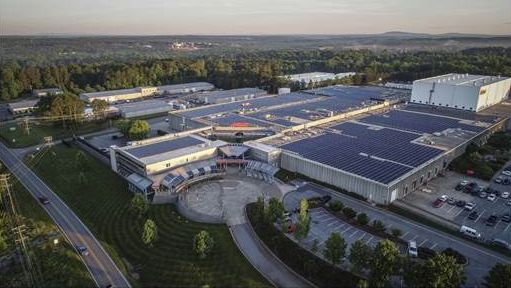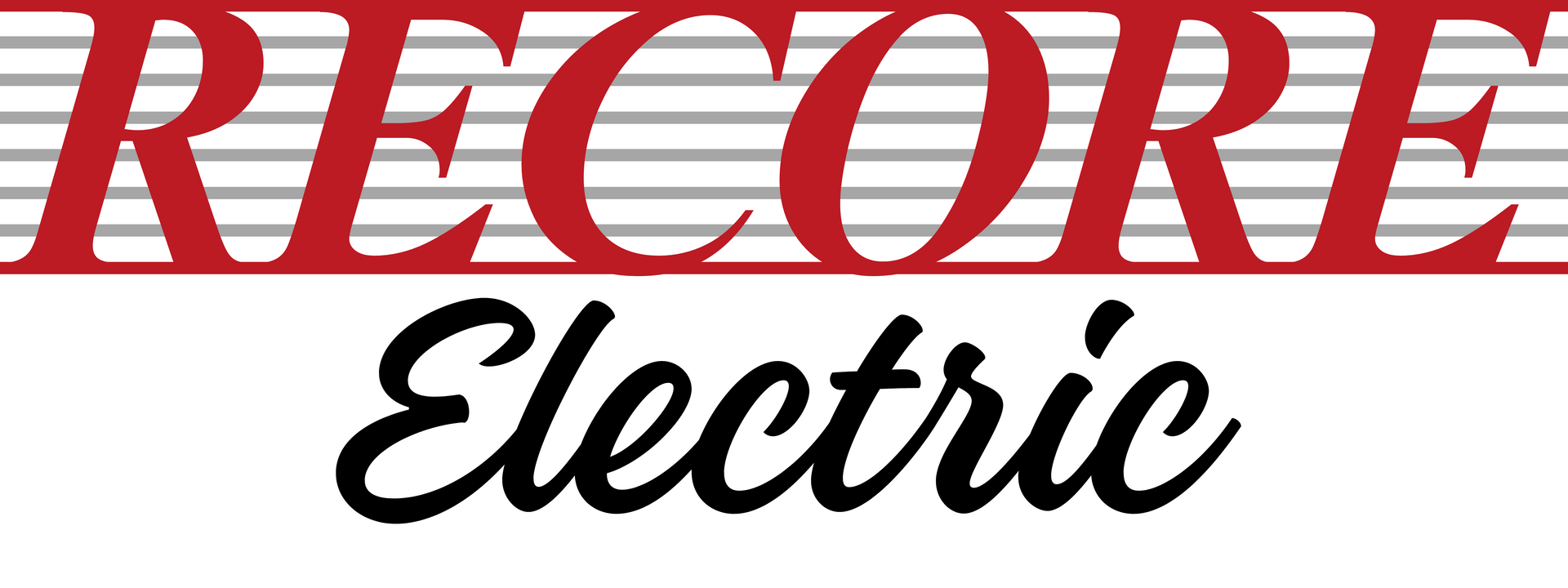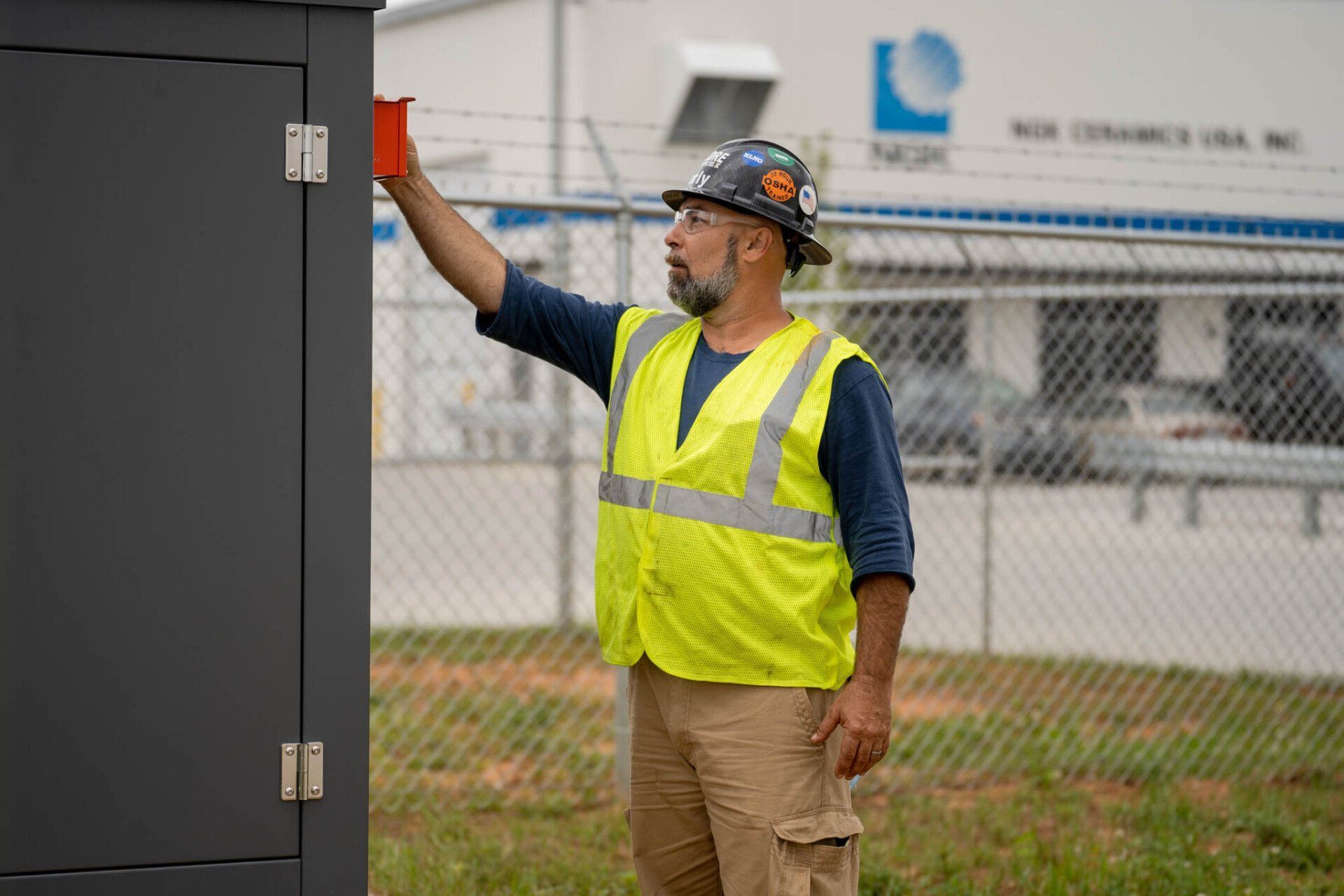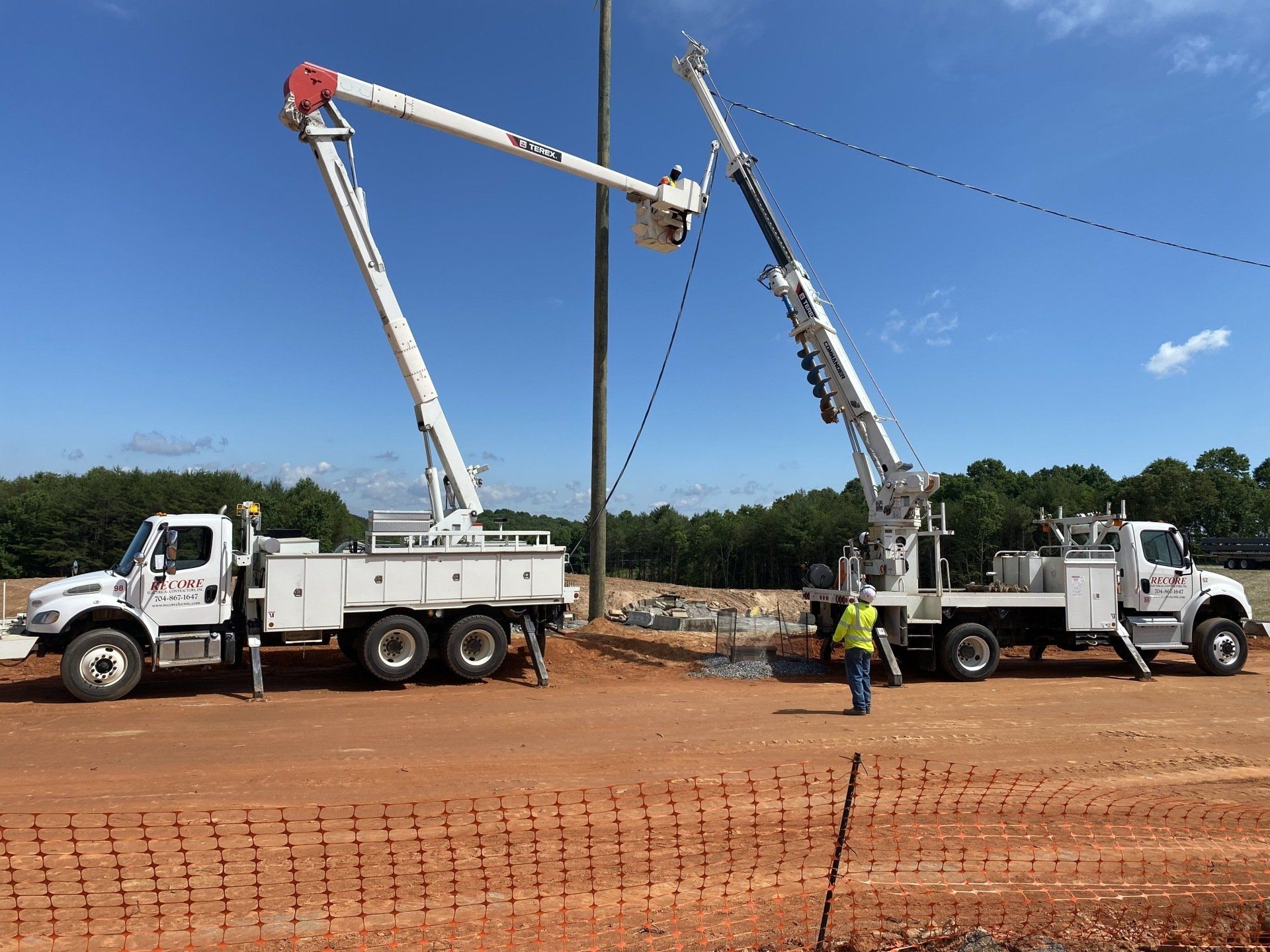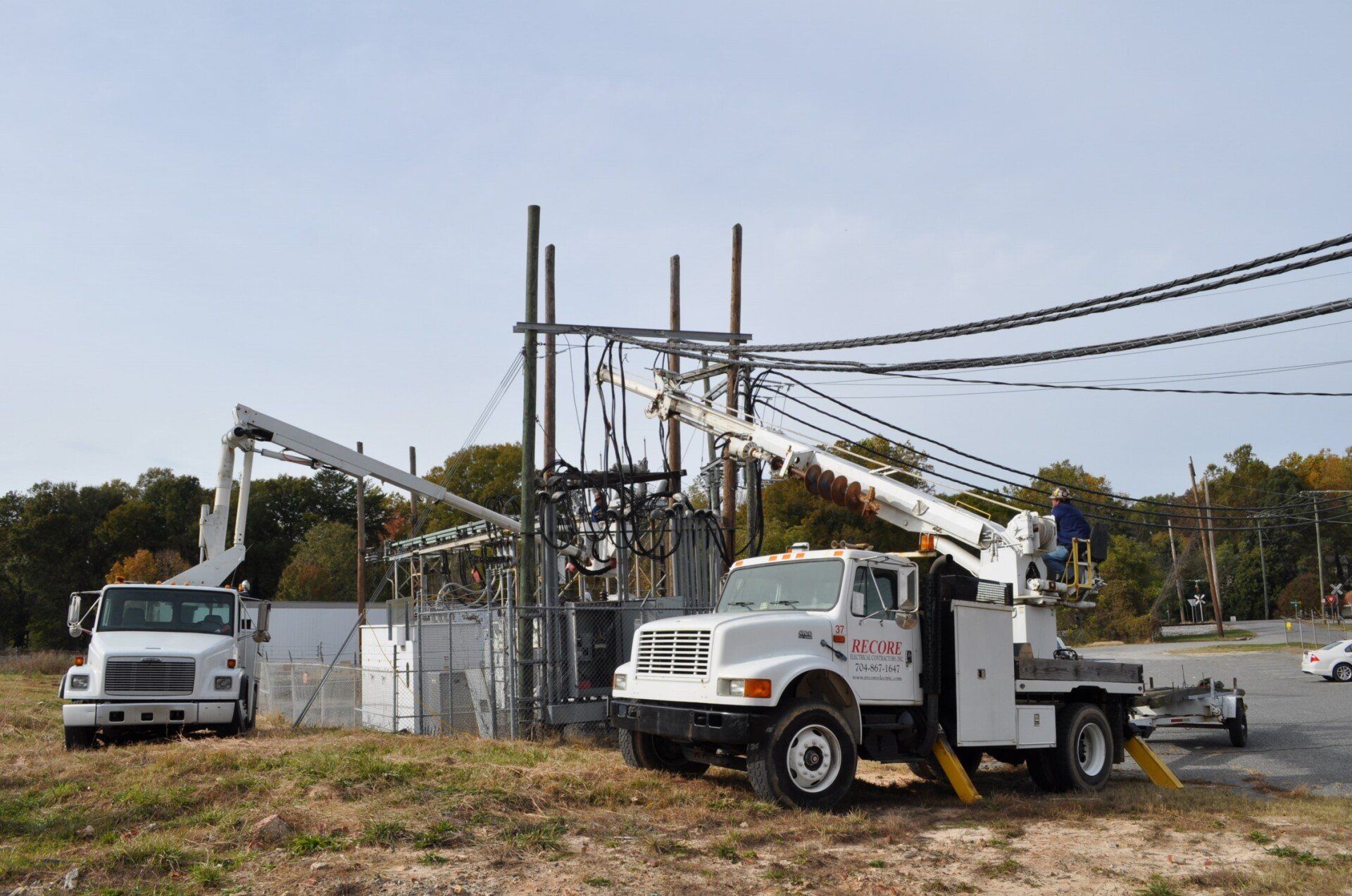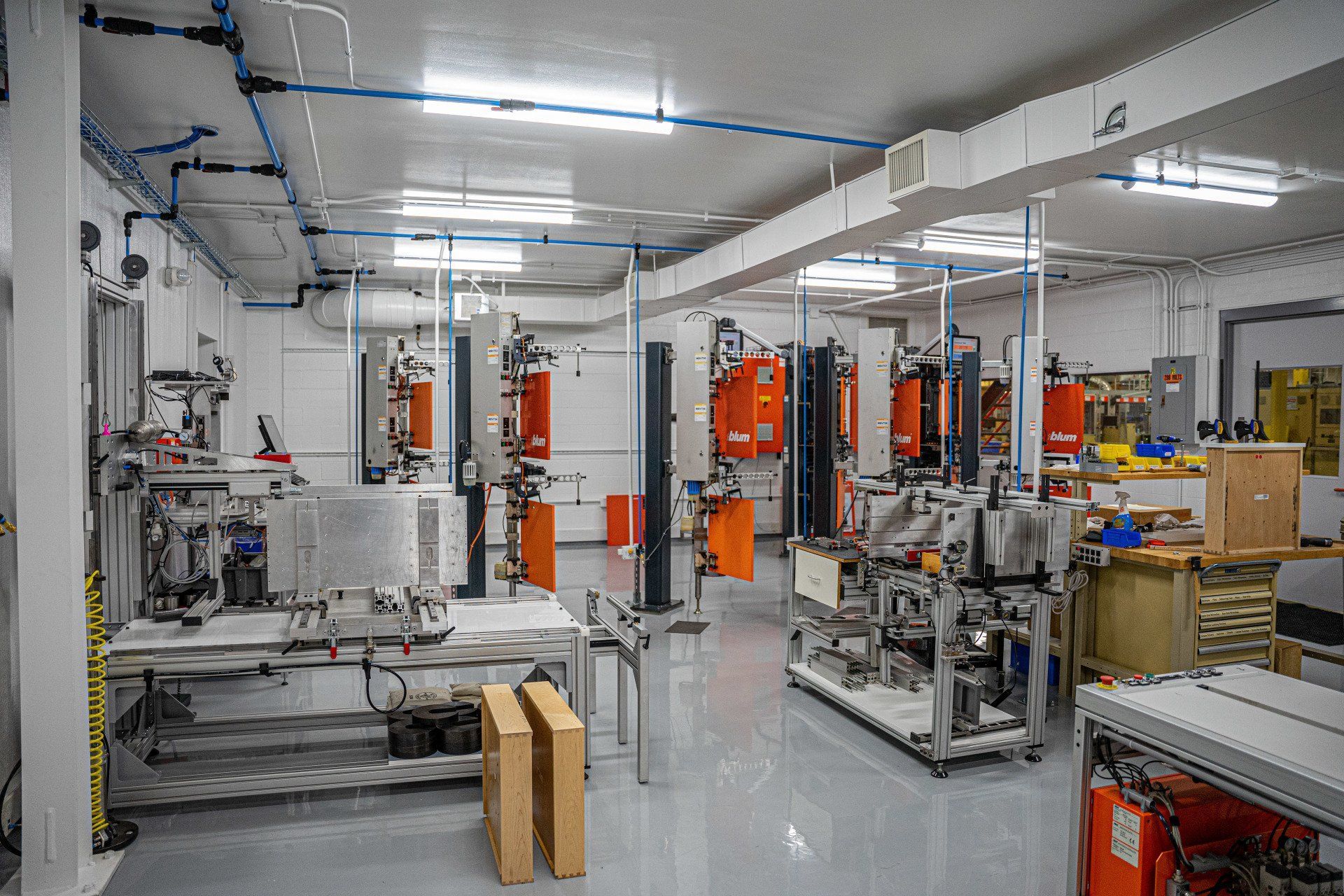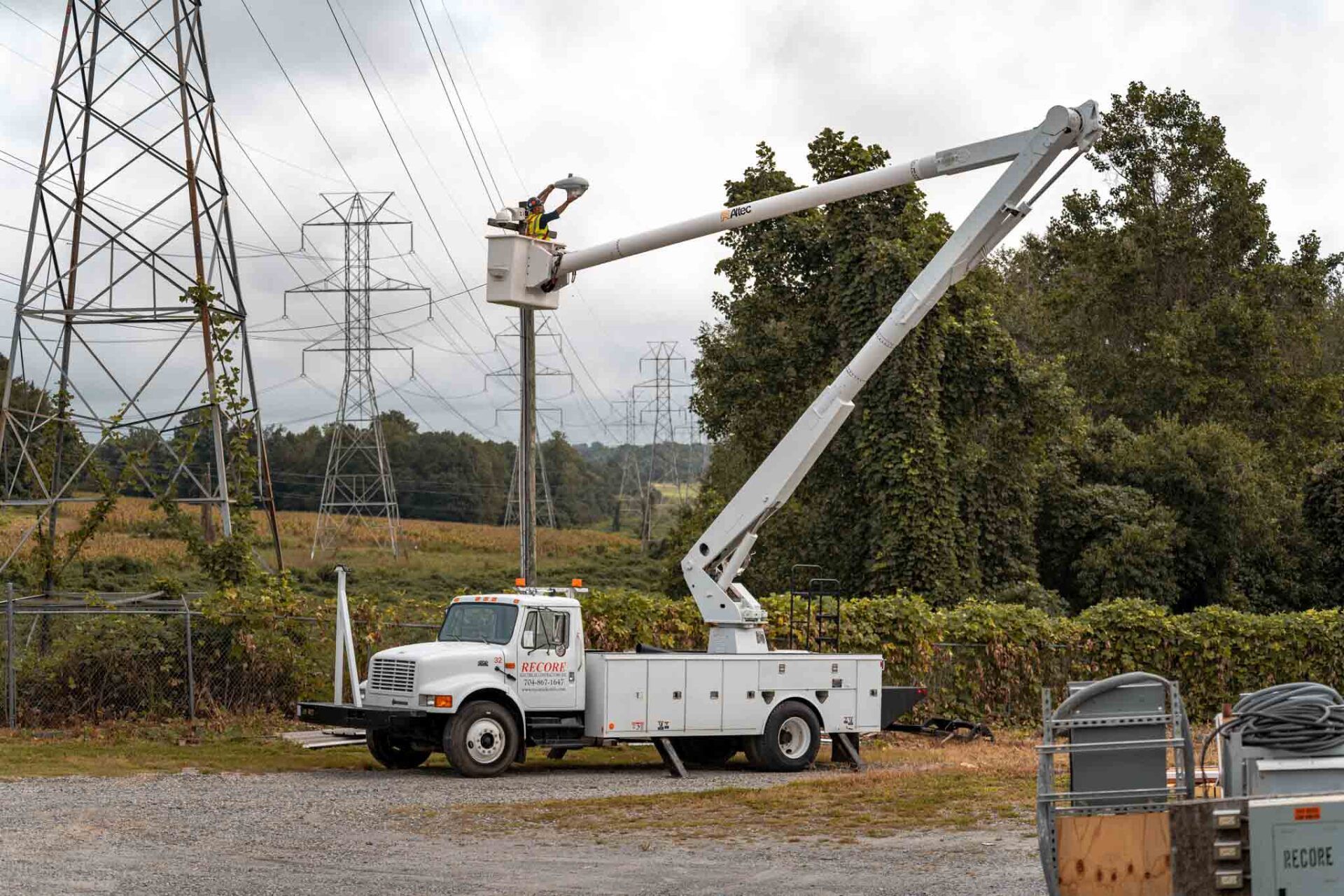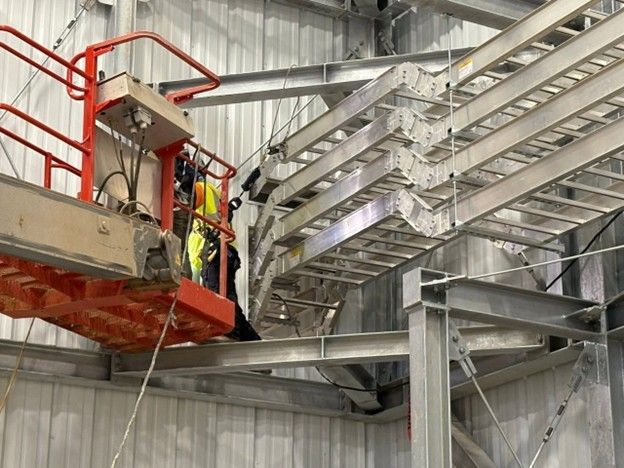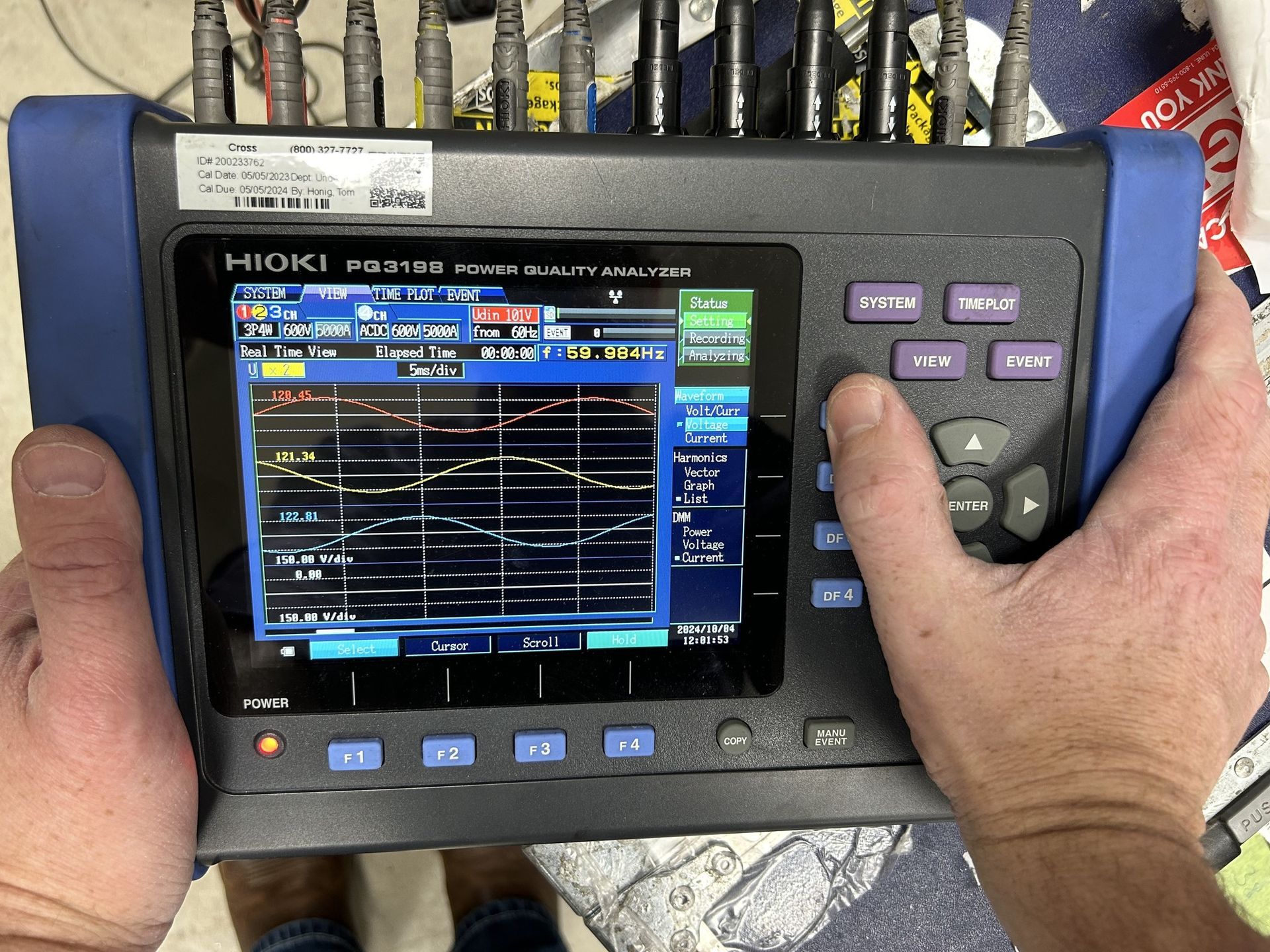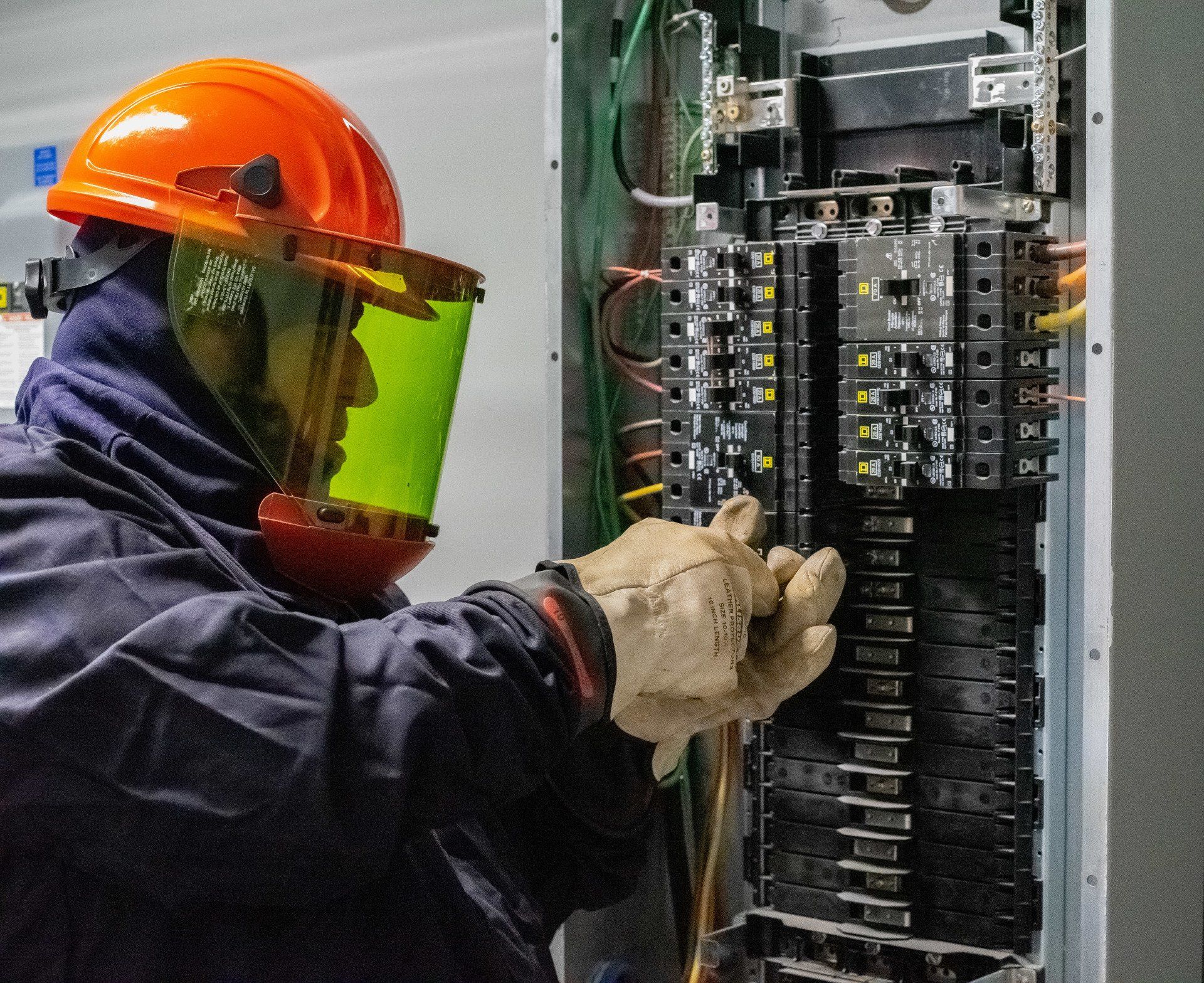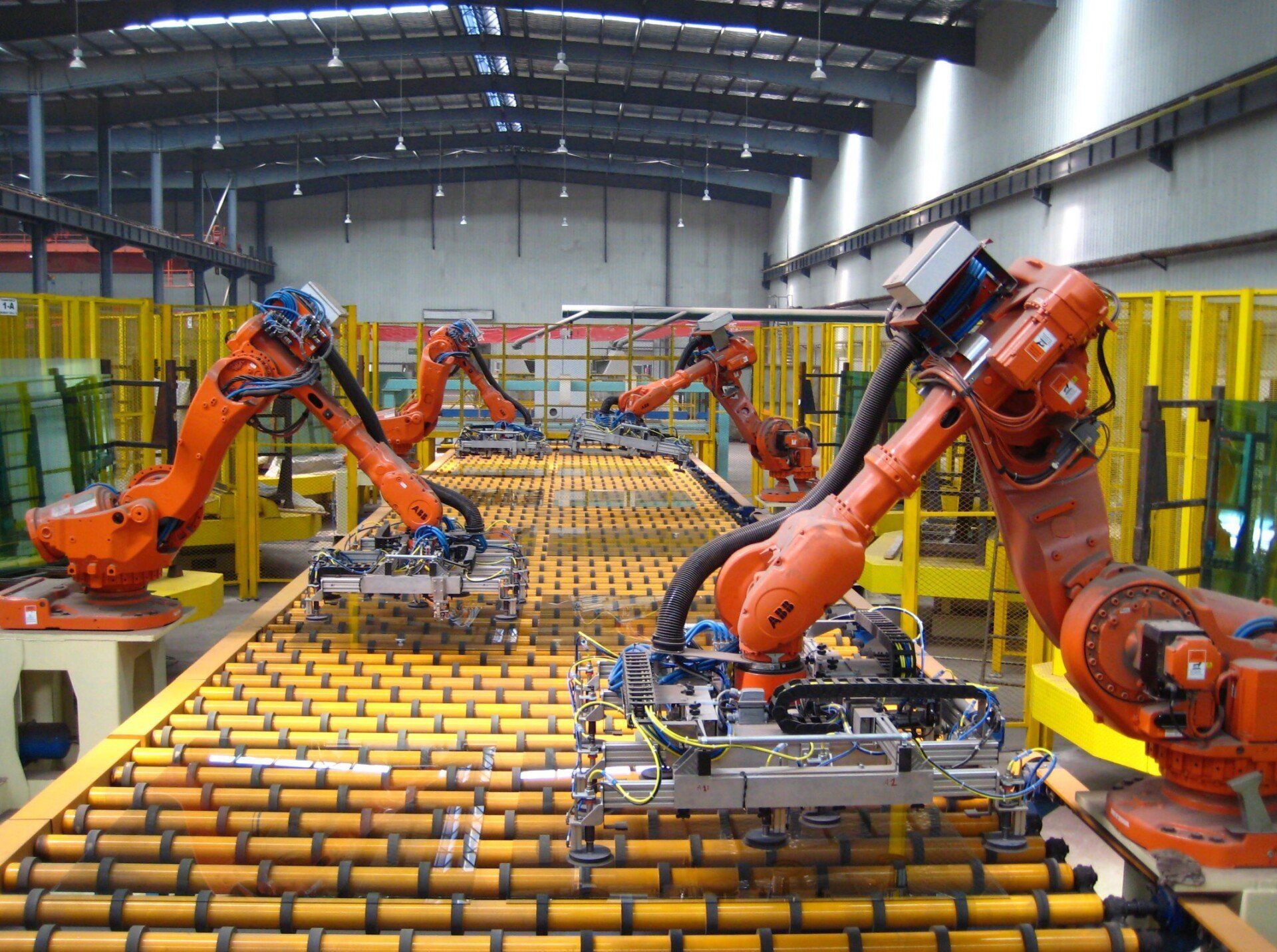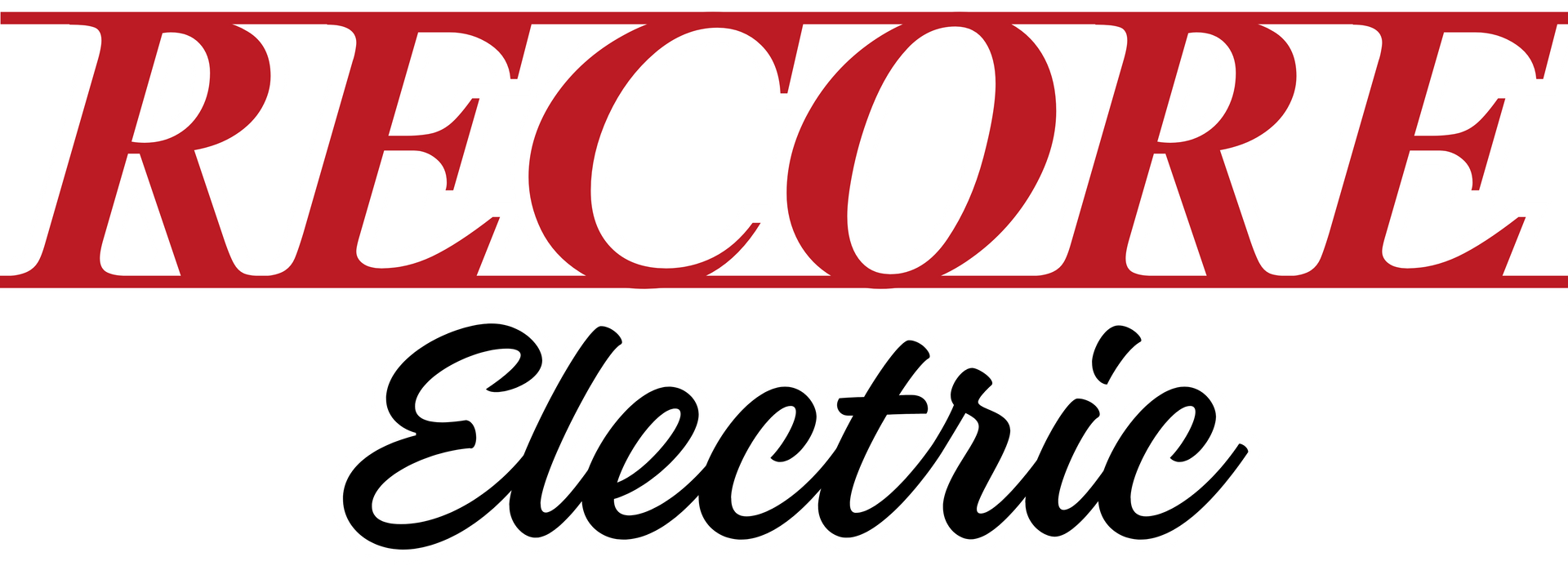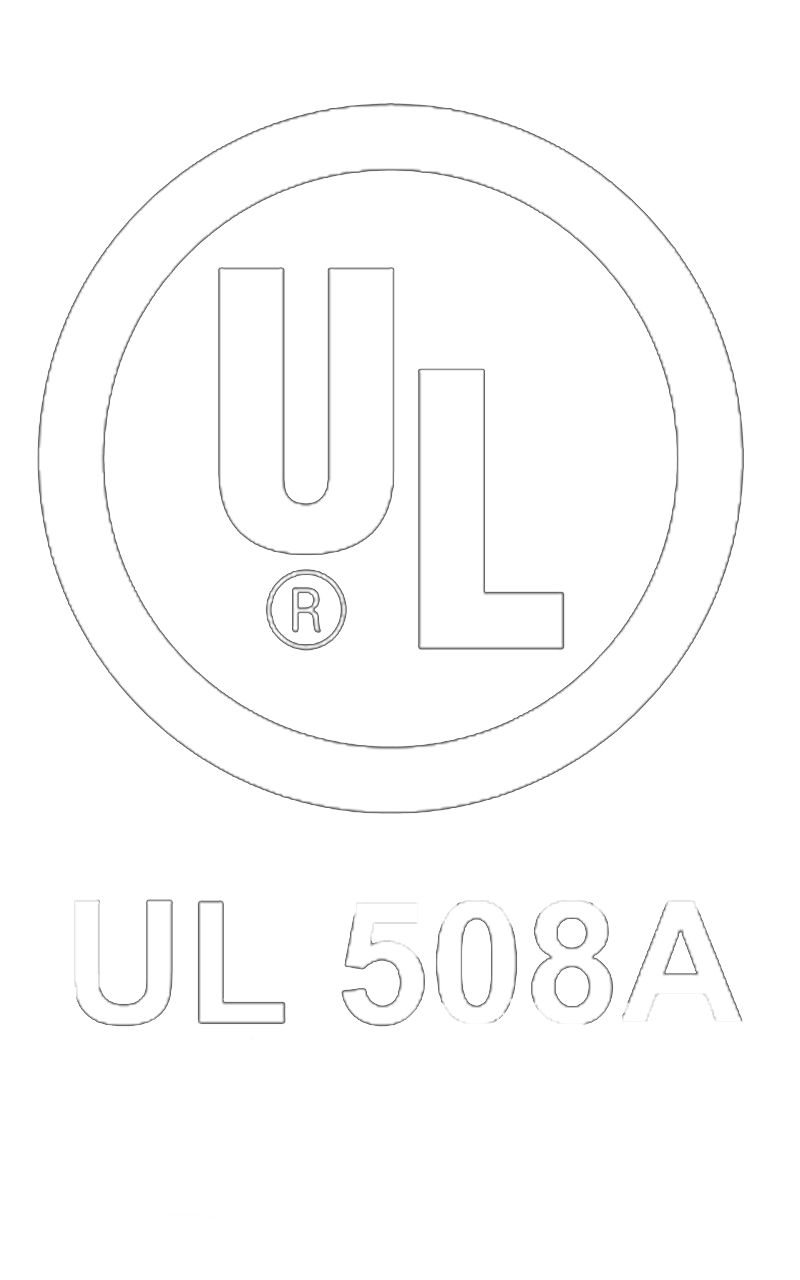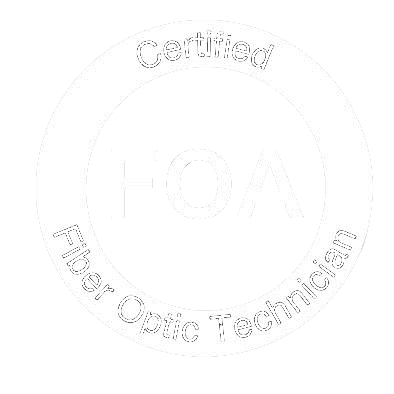Managing Aggressive Project Schedules in Electrical Contracting
In today’s industrial construction landscape, aggressive scheduling has become the norm rather than the exception. Manufacturing facilities and food and beverage plants often face compressed timelines driven by production targets, seasonal demand, or financial constraints. For electrical contractors like Recore Electric, meeting these fast-track expectations requires more than just speed, it takes strategy, experience, and the ability to adapt in real time.
This blog explores how Recore manages aggressive scheduling in electrical projects for manufacturing and food and beverage clients. From prefabrication to workforce planning and technology integration, we explain the systems and workflows that help deliver on tight timelines while maintaining high performance standards.
Why Aggressive Schedules Are Common in Industrial Settings
Manufacturing and food production facilities are often under pressure to go operational quickly. For manufacturers, delays in electrical system installations can prevent machines from being calibrated or production lines from testing. In the food and beverage industry, delays may result in missed distribution cycles or expired contracts with grocery chains and restaurant suppliers.
According to a report by the National Institute of Standards and Technology (NIST), construction productivity is heavily impacted by scheduling challenges, especially in industrial facilities where electrical, mechanical, and structural systems must be tightly coordinated 1. The complexity of these systems requires careful integration and rapid response when timelines shrink.
Recore’s Strategic Response to Aggressive Scheduling
Recore has refined a number of internal processes to help navigate compressed project schedules. Our strategies emphasize upfront planning, transparency with stakeholders, and smart allocation of manpower and materials.
1. Early Contractor Involvement (ECI)
Recore participates in pre-construction planning meetings to get ahead of potential roadblocks. By reviewing electrical system designs during the early stages, our team can propose modifications that simplify installation and reduce rework. Early involvement is especially valuable in manufacturing environments, where power distribution must account for heavy machinery, conveyors, and backup systems.
In food and beverage projects, early collaboration with mechanical and refrigeration contractors helps prevent spatial conflicts and accommodates sanitation and safety protocols that are unique to the industry.
2. Design Fast-Tracking
To support accelerated schedules, Recore works closely with project stakeholders to implement design fast-tracking method where electrical design and construction phases overlap instead of following a traditional linear sequence. This strategy reduces idle time and allows critical work to begin before the full set of design documents is finalized.
Our team coordinates in real-time with engineers and owners to validate key system requirements, identify priority areas, and move forward with early procurement and installation packages. For example, we may initiate conduit and cable tray layouts for high-priority process lines while final lighting and control system designs are still being refined.
Fast-tracking does require careful planning and responsive decision-making, but it significantly shortens project duration. With Recore’s deep field experience and in-house design review capabilities, we ensure constructability remains a top priority, even as plans evolve.
3. Technology-Driven Scheduling and Coordination
Recore uses digital project management tools to track every phase of a project. Software platforms help us identify bottlenecks before they impact the schedule. These tools also support coordination between trades, so our electricians are ready to work when the site is cleared and accessible.
Visual schedules and real-time progress tracking keep stakeholders informed and allow for quick adjustments. If a piece of switchgear is delayed in transit, we can reschedule downstream activities and reallocate resources without halting overall progress.
4. Manpower Planning and Workforce Flexibility
Having a highly trained and scalable workforce is one of Recore’s biggest advantages. For projects with compressed timelines, we assign additional crews, split shifts, or work extended hours to maintain forward momentum. Our electricians are cross-trained to handle multiple aspects of an electrical installation, which limits downtime and avoids unnecessary trade handoffs.
For food and beverage clients, our teams are also familiar with the GMP (Good Manufacturing Practice) requirements that dictate behavior and cleanliness on site. This eliminates onboarding delays and helps us operate safely and productively in sterile environments.
5. Quality Control in Fast-Track Environments
Rushed projects can sometimes lead to shortcuts or mistakes if not managed properly. At Recore, quality control is integrated into every stage of the project. From internal checklists to third-party inspections, we prioritize long-term system reliability, especially in high-load environments like manufacturing and food processing.
The Occupational Safety and Health Administration (OSHA) notes that proper quality control measures are not just best practices, they are legal requirements for construction safety and operational readiness. Recore’s commitment to compliance keeps clients on track for successful facility inspections and smooth system commissioning.
Managing Risk Without Losing Time
Fast schedules inherently increase project risk. Material delays, labor shortages, and even small coordination issues can ripple into major disruptions. Recore minimizes these risks by:
- Maintaining strong relationships with material suppliers
- Investing in cross-trained staff who can adapt on the fly
- Having a playbook for accelerated jobsite sequencing
- Prioritizing transparent, continuous communication with clients and general contractors
We do not view scheduling pressure as a reason to compromise. Instead, it motivates us to refine our approach, invest in training, and bring smarter tools to every jobsite.
Final Thoughts
Aggressive scheduling doesn’t have to mean cutting corners or accepting lower quality. With the right partner, it’s possible to meet accelerated timelines while still delivering safe, high-performance electrical systems that support manufacturing output and food safety.
Recore Electric’s approach to managing aggressive scheduling is rooted in discipline, preparation, and accountability. Whether working on a robotic production line or a USDA-certified food plant, our team brings experience, foresight, and a commitment to getting it right, right on time.
